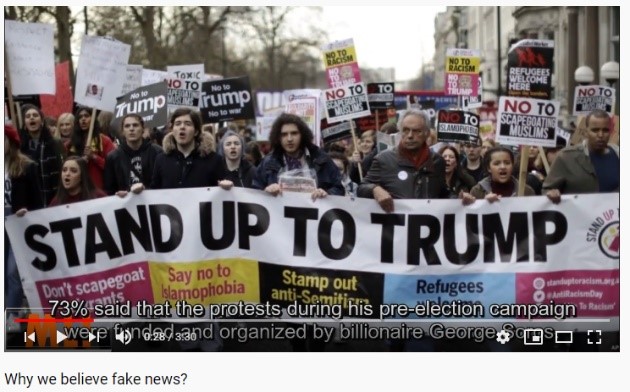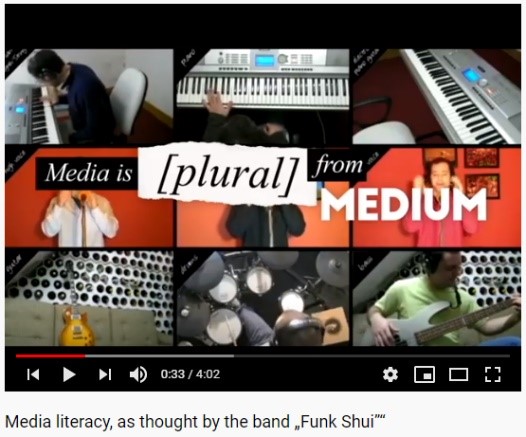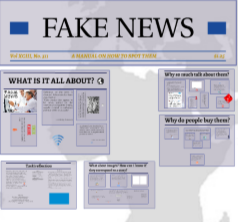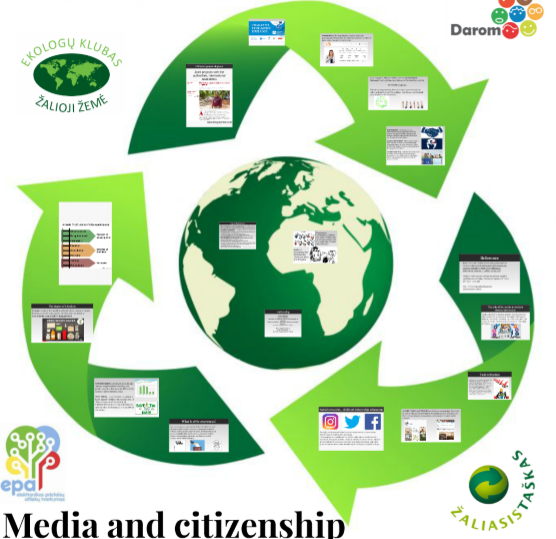Integruojamas turinys
Intelektinis produktas IO1
1. Projekto metu buvo sukurti trys vaizdo įrašai. Kviečiame žiūrėti.
Intellectual Outputs IO1
1. Three videos were created during the project. You are welcome to watch.
Kodėl tikime netikromis žiniomis?
Šio vaizdo įrašo tikslas yra atkreipti visuomenės, ypač jaunimo, dėmesį į iššūkius, susijusius su naujomis technologijomis: dezinformaciją, netikras naujienas ir žiniasklaidos priemonių naudojimo raštingumo būtinumą.
Vaizdo įrašo autorius: Medijų raštingumo institutas Graikijoje (MLI).
Why we believe fake news?
The aim of this video is to raise awareness of the general public and young people especially of the challenges new technologies bring in terms of disinformation, fake news and, thus, the necessity of Media Literacy.
Author: Media Literacy Institute in Greece (MLI)
Manipuliacijos būdai. Nebūk patiklus!
Šio vaizdo įrašo tikslas – skleisti informaciją jaunimui apie naujų technologijų iššūkius dezinformacijos ir manipuliavimo srityje. Pagrindinis dėmesys vaizdo įraše sutelkiamas į vadinamąsias gilias netikrąsias technologijas, kurios yra visai šalia, kad klaidintų interneto vartotojus: piliečius, klientus ir pan. Parodydamas jaunai auditorijai, kad tai, ką mato, ne visada yra tai, kas iš tikrųjų egzistuoja, vaizdo įrašas taip pat informuoja, kaip galima pastebėti manipuliacijas.
Autoriai: Beata Biel (Fundacja Reporterów), Olga Draglieva (VSIA Latvijas Televizija), Melina Kageorgiu (Technologiko Panepistimio Kyprou), Marija Stukienė ir Danuta Szejnicka (Nacionalinė švietimo agentūra).
Videomontažas: Kika Choo ir Jovana Avramovska (Zdruzenie na mladi analiticari i istrazuvaci, ZMAI, Skopje).
Manipulation of the future. Don't be prone to that!
The aim of this video is to educate the youth on the challenges new technologies bring in terms of disinformation and manipulation. The video's main focus in on the so call deep fake technologies, which are just around the corner to fool not only the Internet users, but also citizens, customers, etc. Through showing the young audience that what one sees, is not always what really exists, the video also informs about how possible manipulation can be spotted.
Authors: Beata Biel (Fundacja Reporterów), Olga Draglieva (VSIA Latvijas Televizija), Melina Kageorgiu (Technologiko Panepistimio Kyprou), Marija Stukienė ir Danuta Szejnicka (National Agency for Education).
Video editing: Kika Choo and Jovana Avramovska (Zdruzenie na mladi analiticari i istrazuvaci, ZMAI, Skopje).
Medijų raštingumas: įžvalgomis dalijasi grupė „Funk Shui“
Šio vaizdo įrašo tikslas yra šviesti jaunimą (nuo 13 iki 20 metų) žiniasklaidos priemonių naudojimo raštingumo tema. Jauni (ir šaunūs) garsiosios Makedonijos grupės „Funk Shui“ nariai aiškina žiniasklaidos priemonių naudojimo raštingumo sampratą: kodėl svarbu suprasti, teirautis, kurti, bendrauti ir kritiškai mąstyti.
Autoriai: Jovana Avramovska, Kika Choo.
Pasakotojas: Jovana Avramovska.
Jaunųjų analitikų ir tyrėjų asociacija (Šiaurės Makedonija).
Media literacy, as thought by the band “Funk Shui”
The aim of this video is to educate youth (13 to 20) on the subject of media literacy. The young (and cool) band members from a famous Macedonian band “Funk Shui” are explaining the concept of media literacy, why it is important and how to understand, inquire, create, communicate and think critically.
Authors: Jovana Avramovska and Kika Choo .
Narrator: Jovana Avramovska.
Association of Young Analysts and Researchers (North Macedonia).
Kviečiame susipažinti su jaunimo balsavimo dėl trijų video rezultatais:
We invite you to see the results of the youth vote on the three videos:
Voting_14-18 young people for 3 video.pdf
Voting_19-24 young people for 3 video.pdf
Voting_25-29 young people for 3 video.pdf
2. 12 prezentacijų, parengtų anglų kalba ir „Prezi“ formatu, rinkinys. Tai yra vizualiai patraukli medijų ir informacinio raštingumo mokymo medžiaga, skirta jaunimui. Ji padės jaunimui įtvirtinti žinias apie tai, kaip veikia žiniasklaida, kaip skaityti žiniasklaidos tekstus, kaip atpažinti manipuliacijas ir propagandą. Kiekviename pristatyme yra refleksijos užduotys, kurios padeda patikrinti, ar gerai suprato pasirinktą temą, taip pat skatina giliau reflektuoti, kaip atsakingai naudotis medijų priemonėmis, analizuoti žiniasklaidos poveikį formuojant žmogaus nuomonę. Pridėtinė vertė yra tai, kad paruoštos (12 PPT formatu) prezentacijos yra išverstos į projekto partnerių nacionalines kalbas, todėl bus prieinamos didelėje Centrinės ir Pietų Europos dalyje.
2. There is a collection of 12 presentations in English and Prezi format. It is a visually appealing media and information literacy training material for young people. It will help young people to consolidate their knowledge of how the media works, how to read media texts, how to recognize manipulation and propaganda. Each presentation includes reflection tasks that help to check whether the understanding of the chosen topic is good, as well as encourage deeper reflection on how to use the media responsibly, analyze the impact of the media in shaping human opinion. The added value is that the prepared presentations (in 12 PPT format) are translated into the national languages of the project partners and will therefore be available in a large part of Central and Southern Europe.
12 prezentacijų, parengtų anglų kalba ir „Prezi“ formatu, rinkinys:
There is a collection of 12 presentations in English and Prezi format:
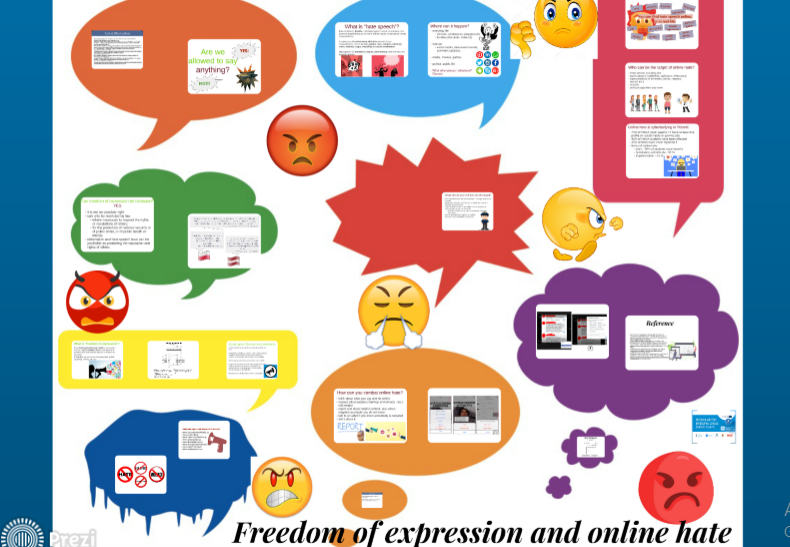
Freedom of expression and online hate.exe
Freedom of expression and online hate.pdf
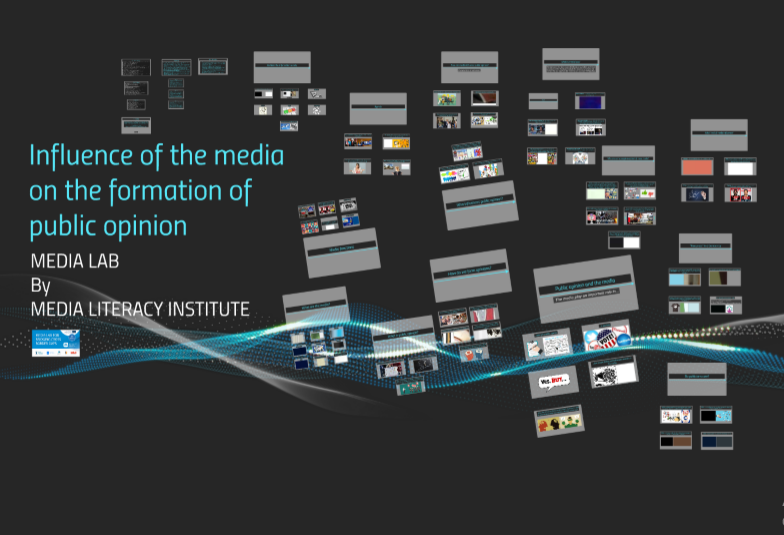
Influence of the media on the formation of public opinion.exe
Influence of the media on the formation of public opinion.pdf
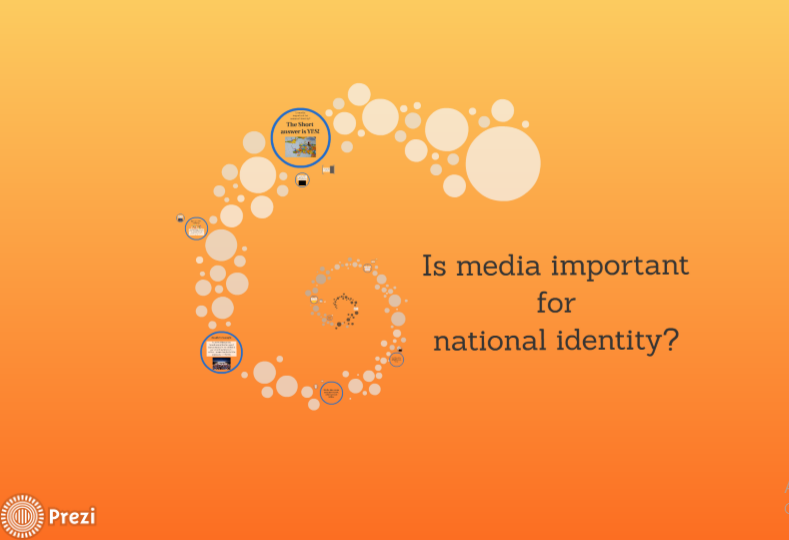
Is media important for national identity.exe
Is media important for national identity.pdf
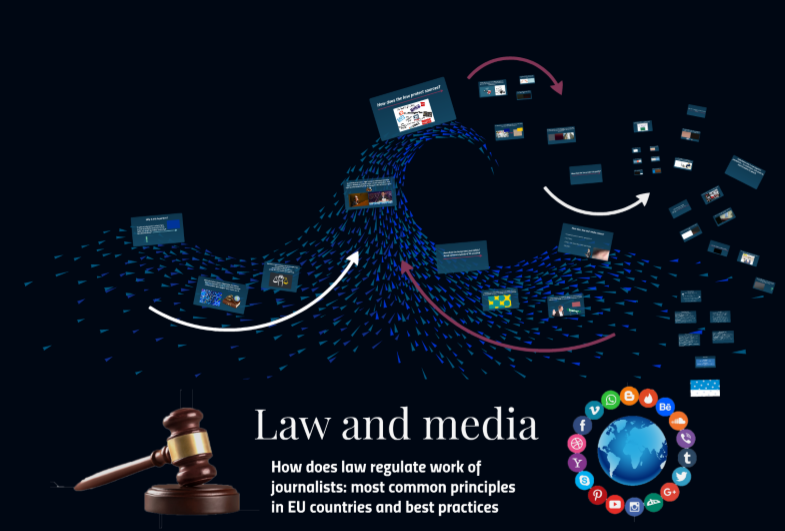
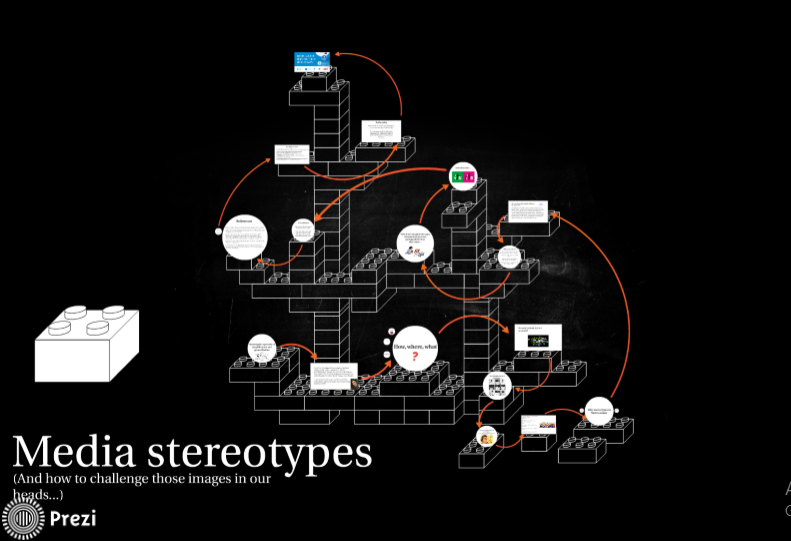
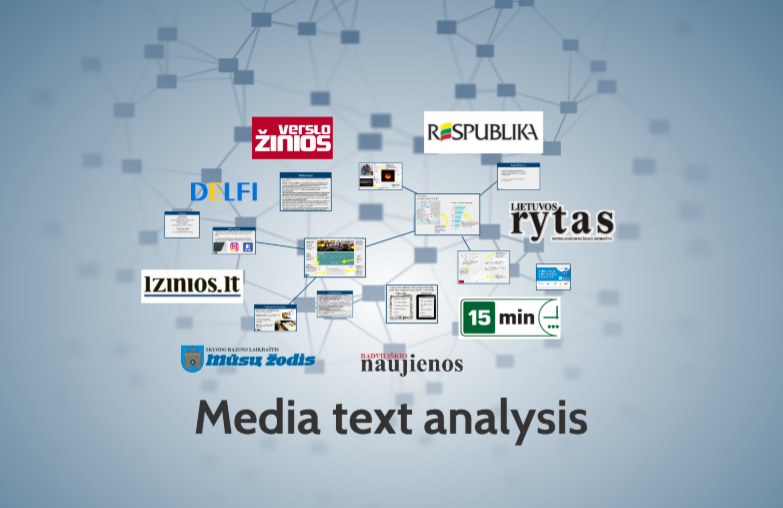
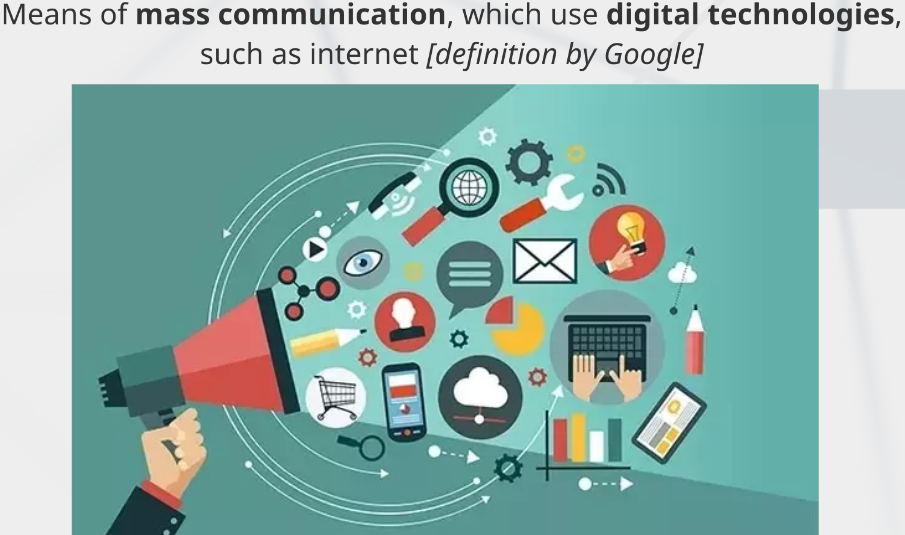
New Media and Social Connections.exe
New Media and Social Connections.pdf
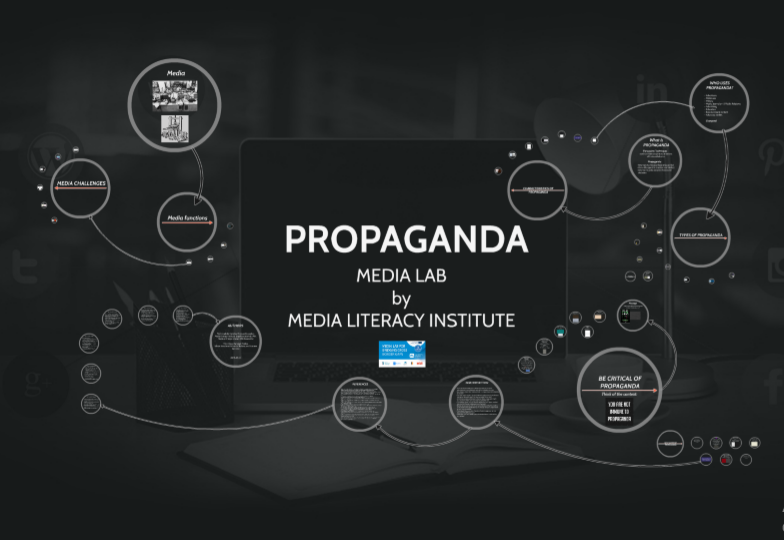
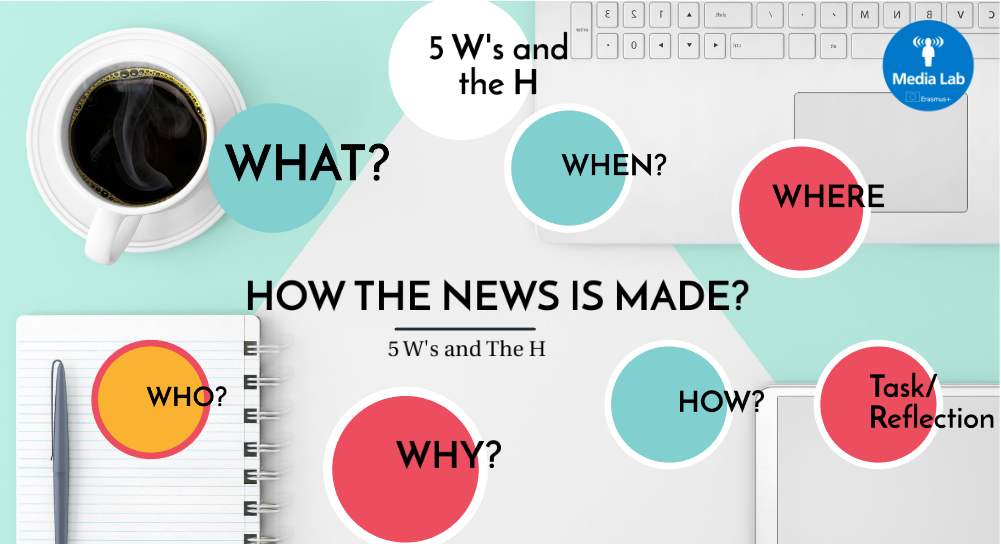
How the news is made / or one day with journalist
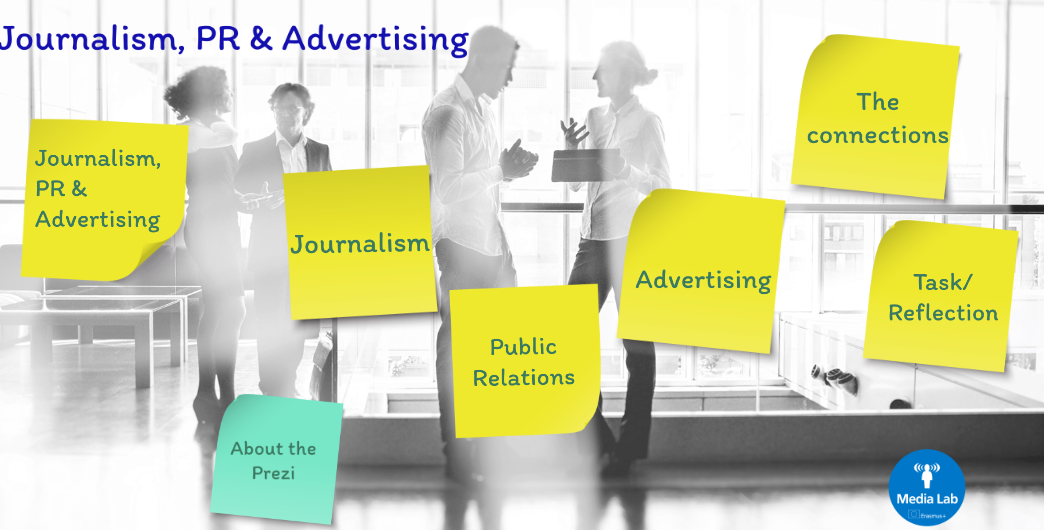
Journalism, advertising and public relations
Prezentacijos (12 PPT formatu), išverstos į projekto partnerių nacionalines kalbas:
Presentations (in 12 PPT format) are translated into the national languages of the project partners:
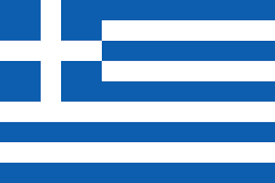
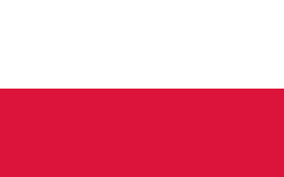
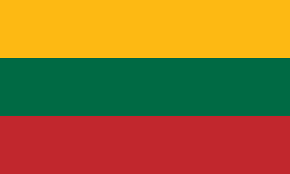
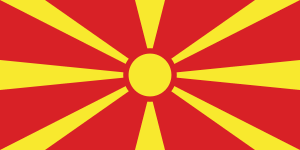
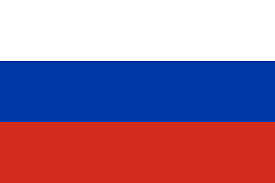
3. Mokymosi priemonės jaunimui apie naudojimosi žiniasklaida raštingumą
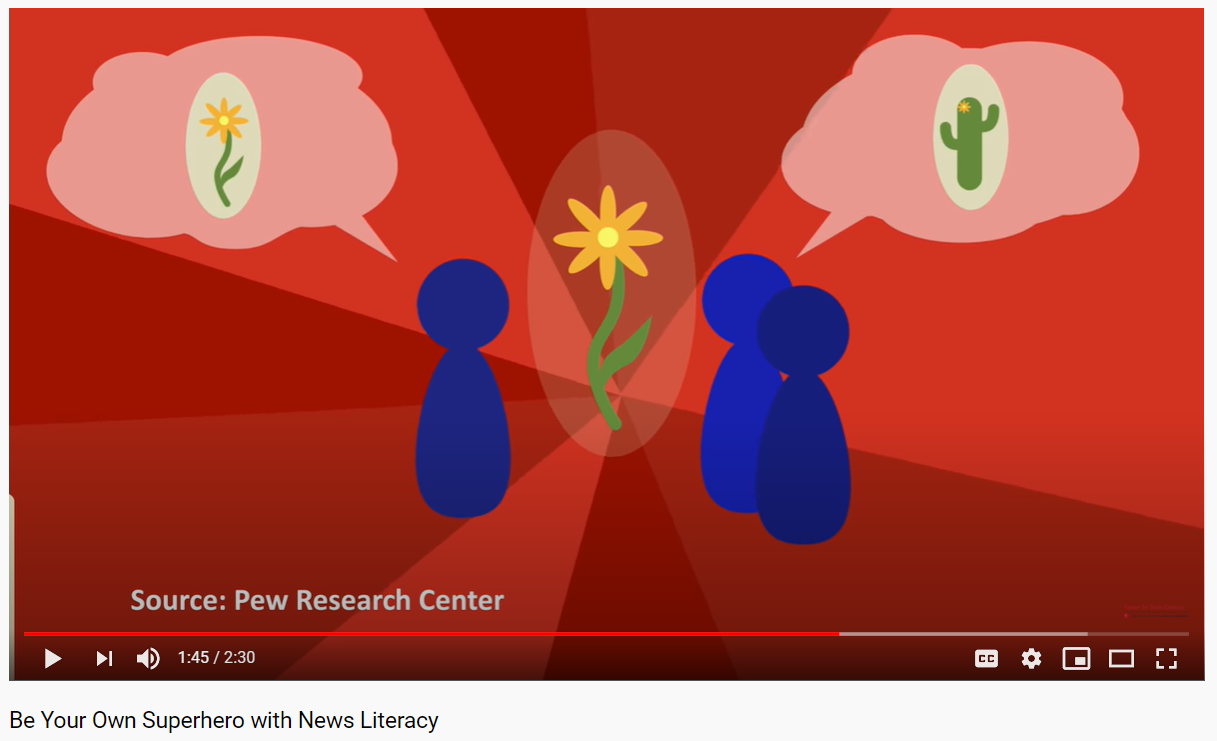 Yra daug nemokamų mokymosi priemonių, skirtų jaunimui, apie kritinį mąstymą, naudojant žiniasklaidos priemones. Jos yra paruoštos skirtingose šalyse ir platinamos įvairiuose interneto puslapiuose, socialinės žiniasklaidos platformose ir kitur. Įgyvendindami IO1 projekto veiklą, mes taip pat atkreipėme dėmesį į esamų produktų sklaidą ir naudojimą, mokant jaunus žmones žiniasklaidos priemonių naudojimo raštingumo. Šia tema buvo parinkta 30 nemokamų mokymo priemonių, skirtų jaunimui. Šios priemonės buvo renkamos ne tik iš projekto partnerių, bet ir iš kitų šalių. Kviečiame žiūrėti.
Yra daug nemokamų mokymosi priemonių, skirtų jaunimui, apie kritinį mąstymą, naudojant žiniasklaidos priemones. Jos yra paruoštos skirtingose šalyse ir platinamos įvairiuose interneto puslapiuose, socialinės žiniasklaidos platformose ir kitur. Įgyvendindami IO1 projekto veiklą, mes taip pat atkreipėme dėmesį į esamų produktų sklaidą ir naudojimą, mokant jaunus žmones žiniasklaidos priemonių naudojimo raštingumo. Šia tema buvo parinkta 30 nemokamų mokymo priemonių, skirtų jaunimui. Šios priemonės buvo renkamos ne tik iš projekto partnerių, bet ir iš kitų šalių. Kviečiame žiūrėti.
3. Learning tools for youth on media literacy
There is a lot of free learning tools for youth available on critical thinking through media literacy. They are prepared in different countries and are spread in different internet pages, social media platforms and others. In implementing the IO1 project activity, we also paid attention to the dissemination and use of existing products in educating young people about media literacy. It was be gathered 30 free learning tools for youth on media literacy. These tools was be collected not only from project partner countries, but also from others. We invite you to watch.
Intelektinis produktas IO2
Projekto metu buvo parengtas įrankių rinkinys, skirtas įvertinti vykdomų / įgyvendintų medijų raštingumo priemonių poveikį (įrankiai, vaizdo įrašai, mokymai ir kt.). Kviečiame skaityti.
Intellectual Outputs IO2
Intellectual Outputs was prepared tool-kit for impact assessment: asses implemented measures (tools, videos, training's, etc.) addressed educating youth critical thinking through media literacy; not less than 15 different assessment measures (quantitative and qualitative; tools, methods, questionnaires, etc.) will be prepared to help evaluate efficiency of implemented measures. You are welcome to read:
Tool kit for young people impact assessment
Intelektinis produktas IO3
Projekto metu buvo parengta esamų tarpvalstybinių medijų raštingumo spragų analizė, ypatingą dėmesį skiriant toms spragoms, kurios daro poveikį jaunimui, ir rekomendacijos, kokių veiksmų reikia imtis su turimomis žiniomis. Kviečiame skaityti.
Intellectual Outputs IO3
Intellectual Outputs was prepared analysis and recommendations on existing cross border gaps: not less than 6 existing cross – border gaps on media literacy will be analyzed (what kind, it’s scope, which ones are crucial, how it affects local realities in development of media literacy of youth, etc.), with very specific focus on youth; out of made analysis, recommendations for policy makers, journalists, youth workers, trainers, educators and other practitioners will be made. You are welcome to read:
Analysis and recommendations on cross-border gaps
Skyrelį tvarko Rita Baškienė Informacija atnaujinta 2021-01-06.

